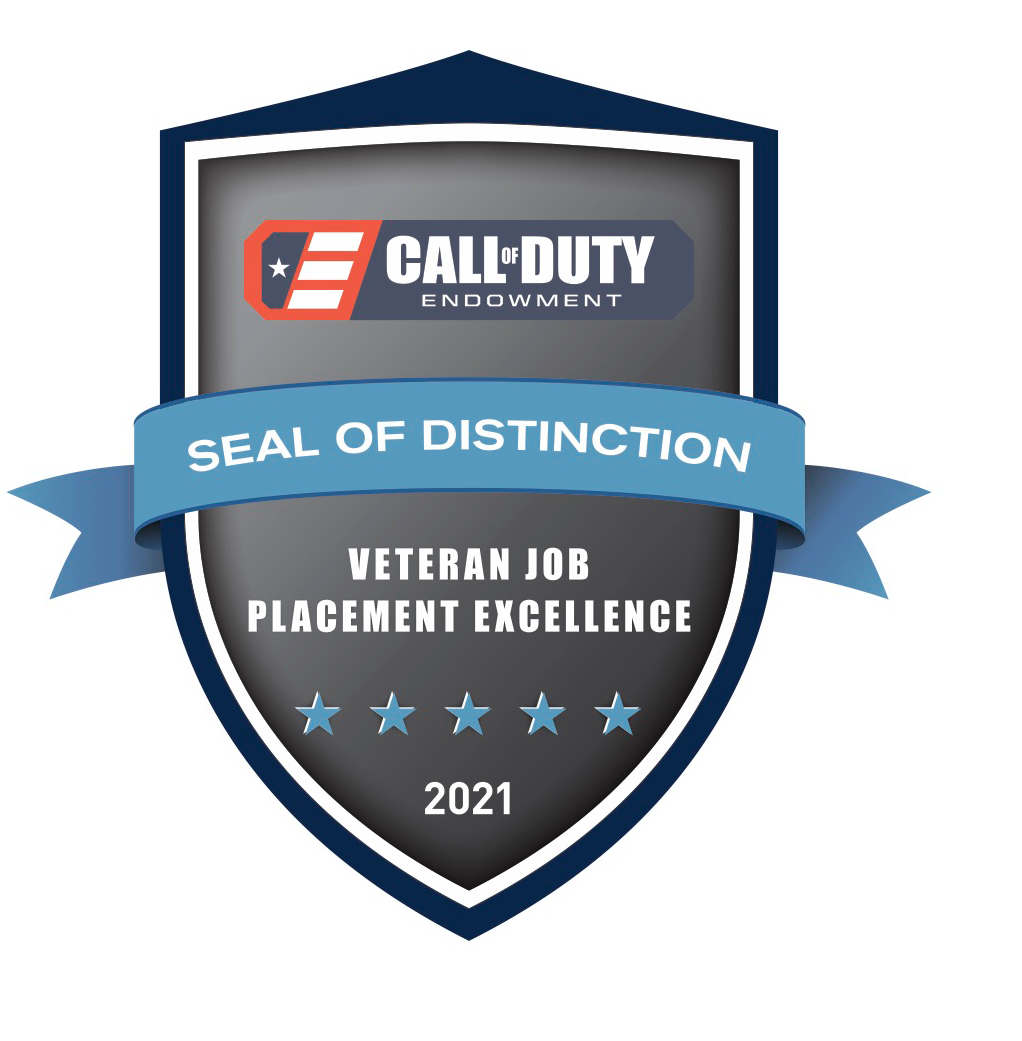How to Continue Your Service Through Federal Employment

For many service members, federal employment is the next logical step as they separate from the military. Veterans make up approximately 30% of this sector, with the Department of Defense hiring the largest share. Although the DoD can be a natural fit for prior military, many agencies may be a good fit for your skillset, so don’t limit yourself!
As an employer, the federal government has several differences from private-sector companies. Applicants can increase their chances of a successful job search by learning the basics of the GS system before sending out that resume.
The GS, or “General Schedule,” system refers to the standardized pay scale applicable to all federal employees, ranging from GS-01 to GS-15. Roles on the lower end of that spectrum require less experience and education, while those at the higher end call for extensive technical or experiential expertise and training.
USAJobs is your first stop in the journey to finding a federal job. Much like commercial search engines, USAJobs allows you to filter listings by location, pay, Veteran or Military Spouse preference, and more so you can narrow down opportunities to your preferred criteria. And, like the private sector, more federal roles are now partially or fully remote (although many are still onsite). Read descriptions carefully to determine whether a job offers the option to telework.
While base pay at a given GS level is standardized, the final salary will also reflect a job’s location. Similar to BAH (basic allowance for housing) or COLA (cost of living adjustment), you may make more or less depending on the physical location of your GS job. Make sure to factor this in as you weigh potential job opportunities and salaries.
Although there is naturally a correlation between your military rank and the GS level you may be qualified for, it’s not a precise parallel. Rather than use a “rank-to-GS” metric, your best bet is to evaluate your readiness for each position based on its listed requirements.
The GS system generally requires employees to serve a specified amount of time at a given level before advancing to the next. Because of this, if you’re interested in advancing your
career, starting your federal employment at the highest level your qualifications allow is essential. Just as you wouldn’t apply for entry-level jobs if you have managerial experience, don’t aim for GS-05 jobs when you qualify for GS-07!
Jasmine Maylott, a current Army Reservist who also works full-time for American Corporate Partners (ACP), spent a year as a GS-09 Army Reserve Administrator prior to her current role and shares her advice for fellow service members and Veterans. Maylott urges federal job seekers to thoroughly scan each job description on USAJobs and ensure that the resume and materials they submit reflect the verbiage of the posting.
“You’re submitting a package rather than just a resume,” says Maylott, and will likely need to include supporting documents such as educational records, letters of recommendation, and your DD-214. She suggests networking with people currently in the role or roles you’re interested in so you can better understand the job responsibilities and requirements. Networking with current federal employees helps you ensure that your application package and process are sound and complete.
Finally, don’t forget the importance of networking! As with the civilian job search, it’s important to “introduce yourself and get your name out there” as you look for federal employment, Maylott says. The more you learn about the ins and outs of working for the government, the better-equipped you’ll be to land a great position successfully.
Maylott encourages anyone interested in the benefits of a federal position to pursue a GS role. “I loved my time as a GS-09,” she says, adding that it allowed her to utilize her military skills and expertise in a unique administrative role.
Wherever you’re looking for work, an ACP mentorship is an essential step for any transitioning service member. If you are an active duty member of the Armed Forces or a Veteran with 180 days of continuous post-9/11 service, apply here to work one-on-one with a Mentor at no cost and accomplish your career goals!











